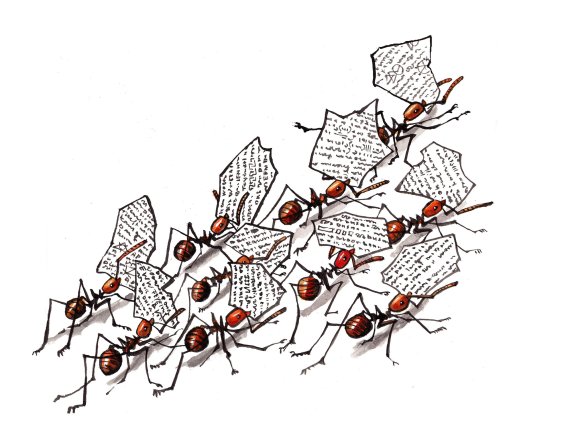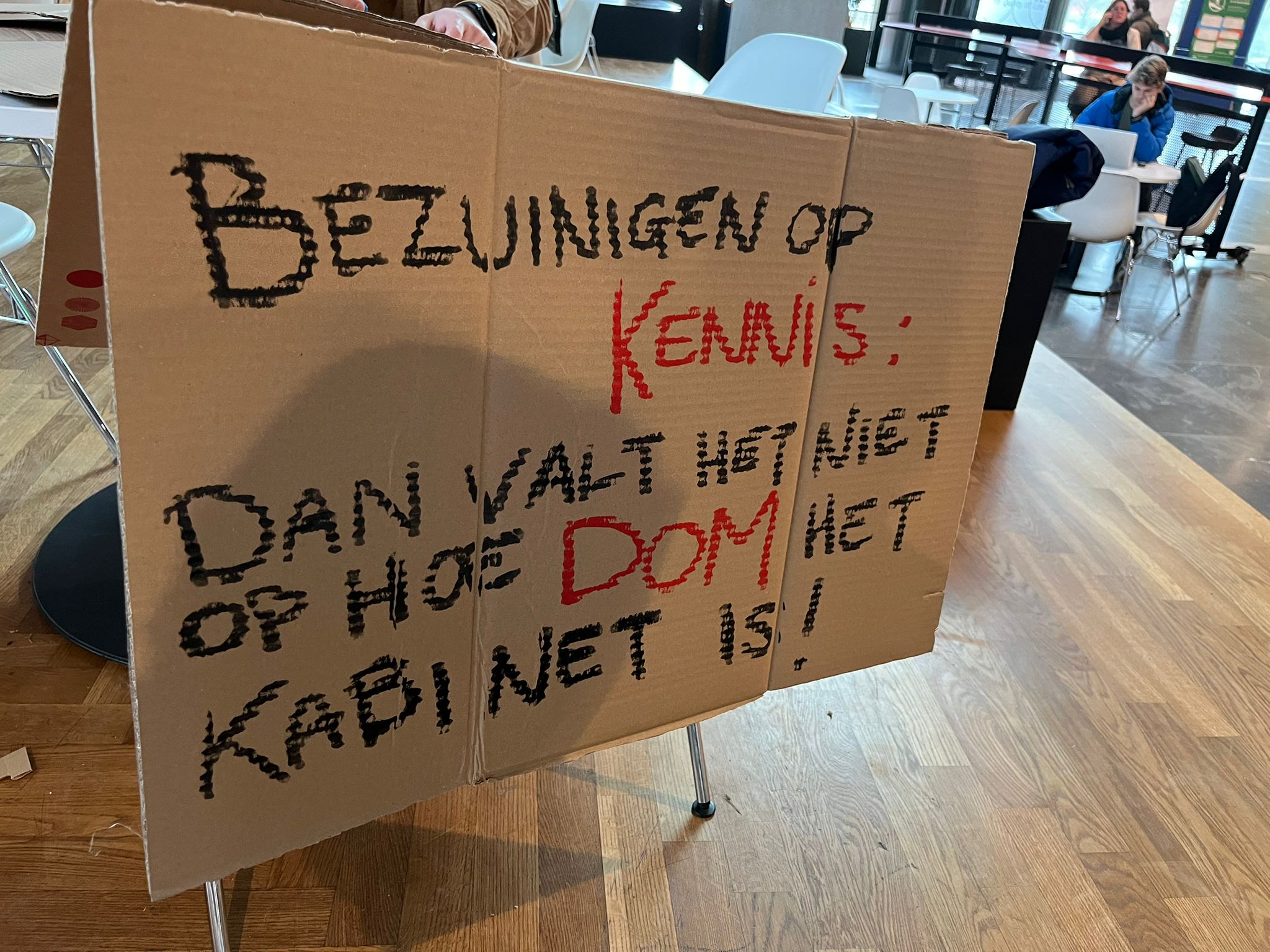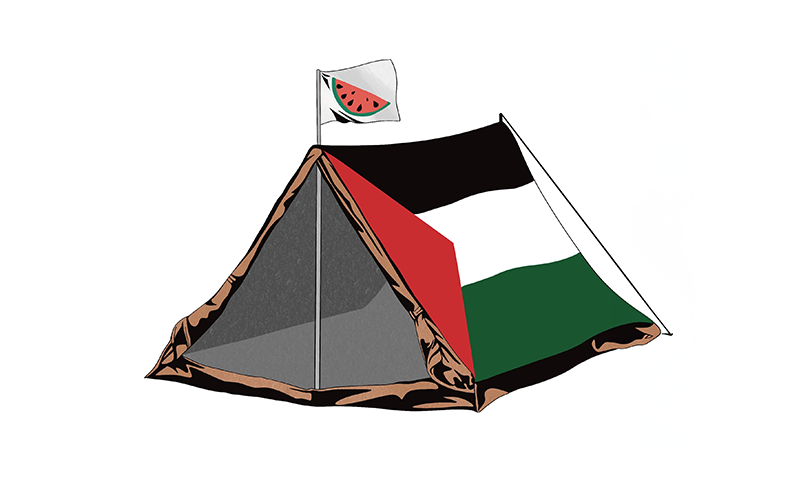Jasper Candel, soon to get his PhD in Soil Geography and Landscape
‘After my PhD research I faced the decision: am I going to go on tenure track or go into teaching? I have ambitions in both education and research. But in the tenure track system, quantitative criteria such as the number of publications and PhD students are no longer a means of determining quality but an end in themselves. When all everyone worries about is collecting credits, they play it safe and you get cautious science it’s easy to score with. Education then becomes the poor relation. That kind of work culture holds no appeal for me. I want to educate competent people. WUR should use tenure track much more broadly and look at the social impact of education and research as well. I think from now on it would be better for tenure trackers to make a plan outlining what they want to achieve, and for a committee to assess the implementation of the plan every three years. That way, not everyone has to go through the same evaluation mill and you can make career policy more diverse.’
Ton Bisseling, professor of Molecular Biology
‘With tenure track, you have to look for a balance between transparent rules and a quality assessment. You don’t want to go back to the 1980s, when a lot of new people were appointed, many of whom got stuck in research and just sat out their time. We must give people a challenge: what do you really want and how do you stay happy in your job? The nice thing about tenure track is that it is not the chair-holding professor who decides about that, but that a group of colleagues evaluate it. The aim is not to excel, I think, but to contribute to the university’s strategy.
It is hard to make precise rules, and there’s a difference between ground-breaking articles and articles than elaborate further on the topic. And if you attract 15 PhD students a year but no analysts and postdocs, you are not helping to create a healthy chair group and I don’t think you deserve to be a personal professor. To assess quality properly, you need good people in the evaluation committee.’
Kevin Matson, Wildlife Ecology and Conservation
‘The tenure track assessment criteria at WUR are meant to be challenging, and they are. But they should also be motivating and achievable. Currently, you must score high in all categories, in ways that can feel unrealistic. In some groups you need to supervise 10 PhD students to become personal professor. That is: consistently 10 PhDs, on average, during the period leading up to promotion. Why have 10 PhDs if that means that you don’t have enough time to properly guide them all, given all the other requirements? Having said that, there is some flexibility in the assessments. The assessment committees also look at the quality and quantity of my teaching and my impact. Overall, I think all the elements for a more qualitative assessment are in place in Wageningen, so I hope that WUR will give less attention to the numbers. Tenure trackers could be judged on their total portfolio including qualitative elements, for example support letters from peers. Instead of showing an endless list of publications, candidates could highlight the excellence and impact of a subset.’
Kevin Matson, Wildlife Ecology and Conservation
‘My views on tenure track are not always in line with the current negative image it has, but I am in favour of less quantitative criteria. Although I don’t think the ‘criteria’ are as all-important in practice as they are made out to be on paper and in the discussions. Very few antisocial PhD graduates get the required number of points at WUR, and the university rejects very few good researchers who fail to meet the criteria. In my view, tenure track is a system that has been fairly effective in selecting, promoting and motivating a large and diverse group of talented people. The big challenge for the future is to establish a system that is still based on clear and honest quality criteria, but that also does justice to a broader perspective on what a good researcher should be capable of. The main point for improvement in the short term is to reduce work and achievement pressure without destroying the selective nature of the system.’
Kevin Matson, Wildlife Ecology and Conservation
‘I have been on tenure track since I arrived in Wageningen in July 2014 and I am happy. I am now an Associate Professor. A very strong point is that the requirements and assessment criteria are established in advance, so you know what you’re signing up to. The system is fair and transparent, which combats inbreeding and internal competition. My biggest fear is that WUR is changing the rules of the game. For example, the requirements for becoming a personal professor were recently raised. This really affects your strategy. I also understand the criticism of the PhD factory. Why is the number of PhDs such a hard criteria? But we are also assessed qualitatively on our reputation, the number of keynotes we give and committees we are on. Overall I am happy, but the system does put you under a lot of pressure. I’m taking a month and a half’s sabbatical next month to learn more about machine learning and catch up on the literature. The irony is that I have to take “time off” to learn and reflect on something new. Tenure track is a non-stop race.’

 Illustration: Henk van Ruitenbeek
Illustration: Henk van Ruitenbeek 

